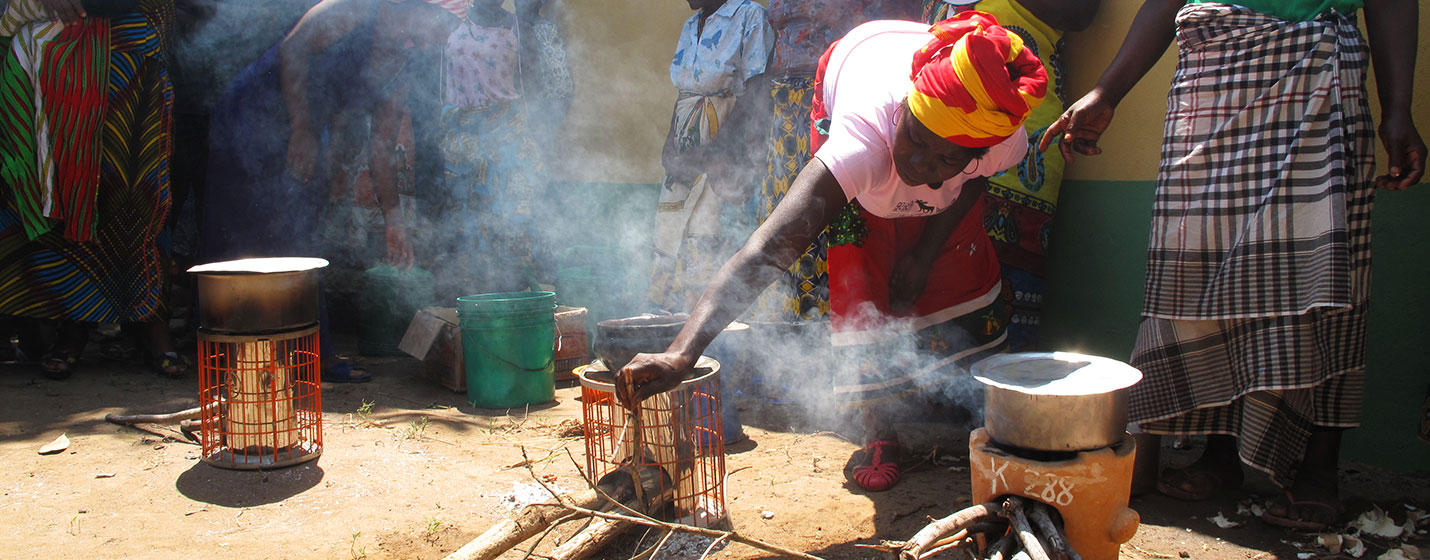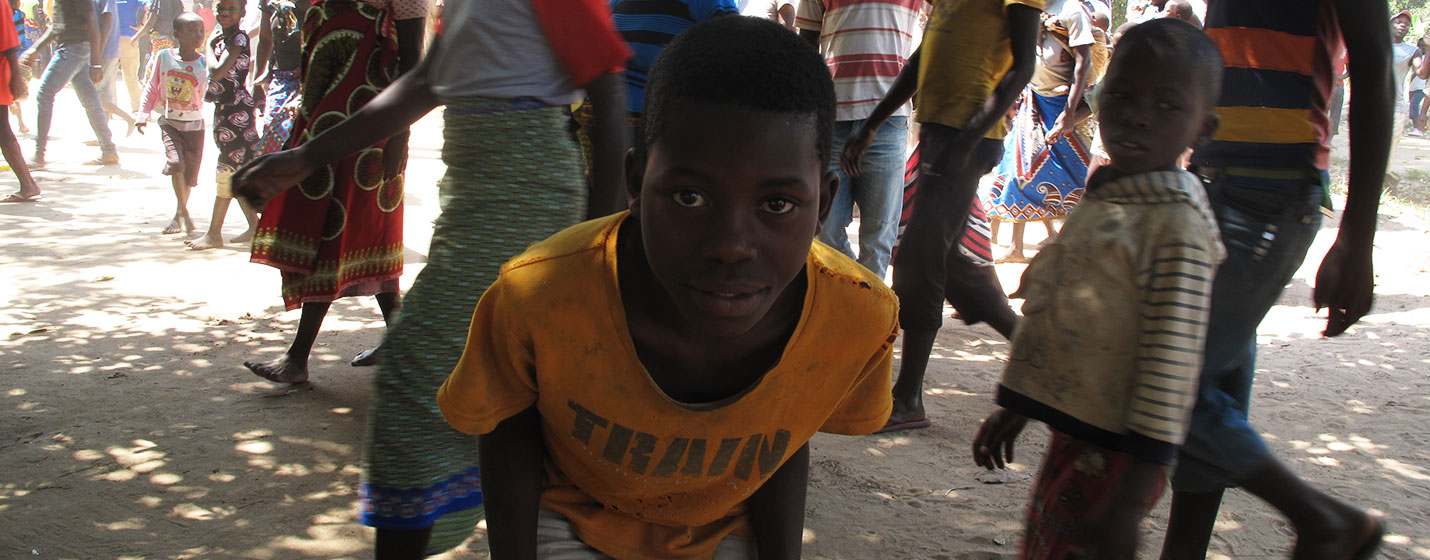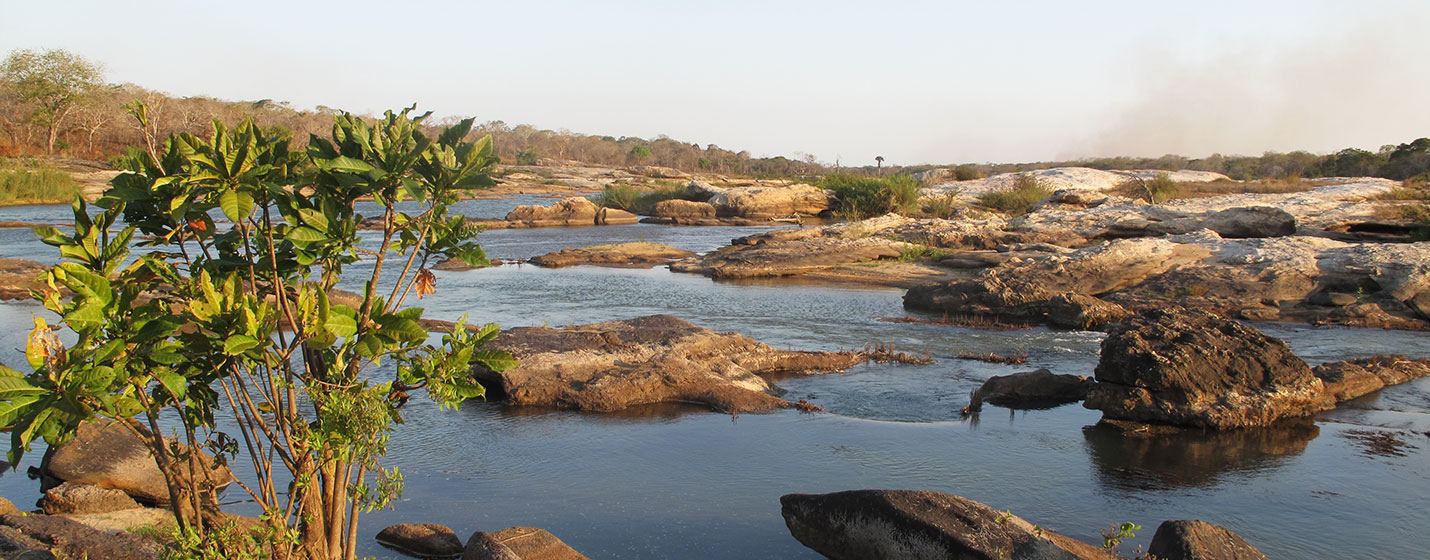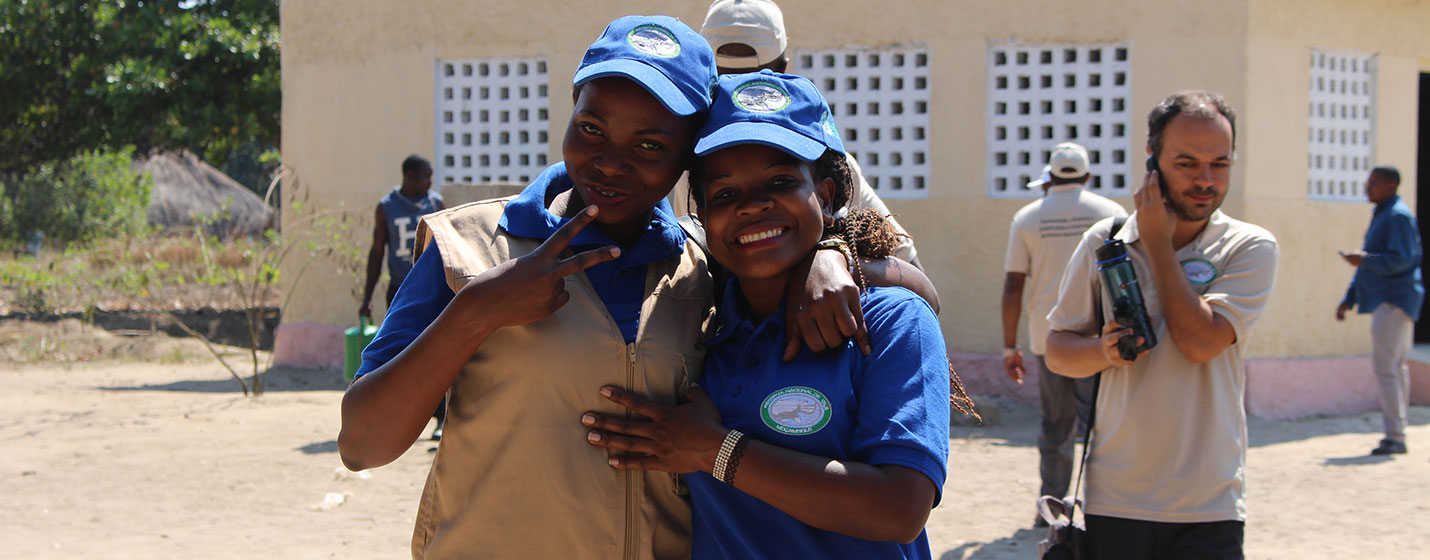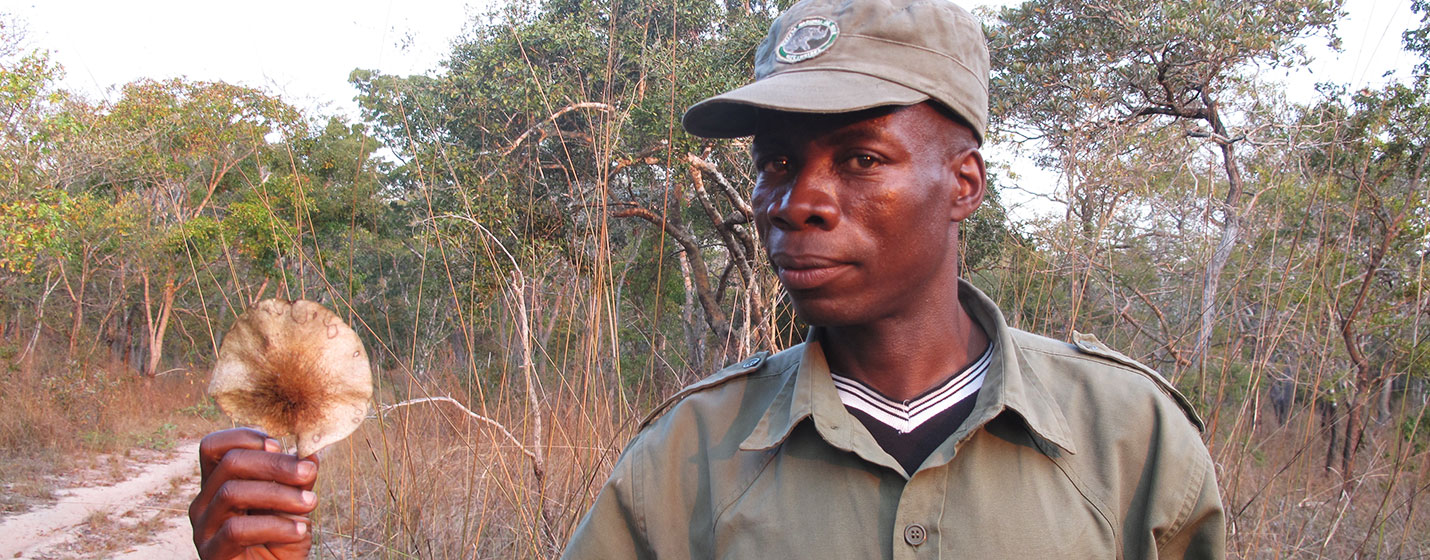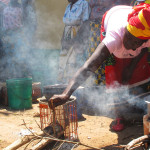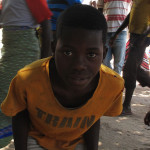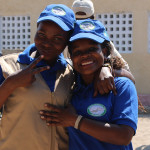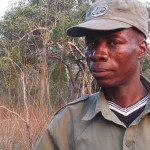Hakumana is a day-time center in Maputo that hosts and supports people affected by HIV/AIDS. It provides free antiretroviral drugs, nevertheless there’s a large number of patients that doesn’t complete the treatment: this is due to conditions that don’t allow an adequate diet during the care and taken at empty stomach, the medicines cause gastritis, dizziness and other diseases. Moreover, antiretroviral treatment needs other drugs to be integrated, usually not given for free and inaccessible for patients. Other causes of abandon of the therapy are the weak acknowledgment of the importance to complete the process and the misunderstanding of the information provided by the doctor. In order to support the patients to improve their life and health conditions, together with Hukumana Center we are implementing a therapy development service that helps people affected by HIV to complete the treatment and improve the access to HIV tests.
For what concerns children and adolescents in school age, their situation is worsen by the exclusion from the education system. Those in charge of their educational development don’t see an interest in investing in enrollment taxes, uniforms and didactic tools and kids find themselves cut–off from school and exposed to risky behaviors.
Adults, on their sides, suffer the difficulties of having an economic independence and a social role, due to the large rate of illiteracy and the inability to manage even a small business. Their daily vulnerability and the poor possibilities of personal and professional development lead to social awkwardness and in some cases event depression. In order to develop basic skills they should leave the center, but without revenues they can’t live autonomously.
With this project we’ll back up those families to let them reach economic independence and a social role and support as well children reintegration in schools. Through occupational therapy we’ll activate crafts workshops, small business management classes and develop tools to open small farms.
The project will directly involve 276 people, amongst men, women, youth, teen-agers and children aged 0-12 yo.

